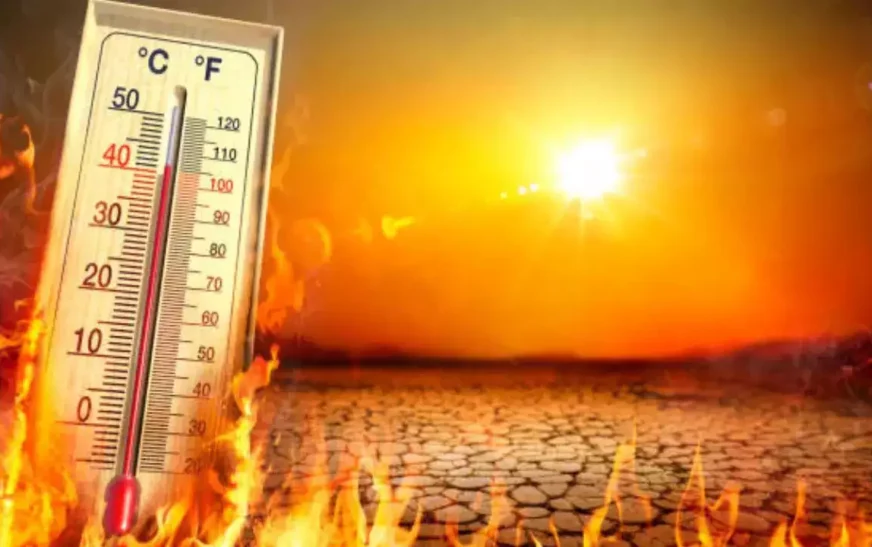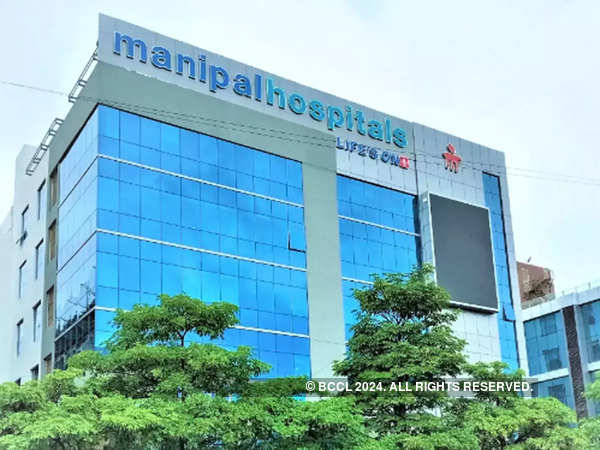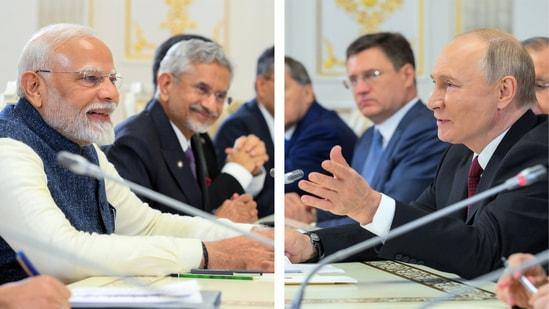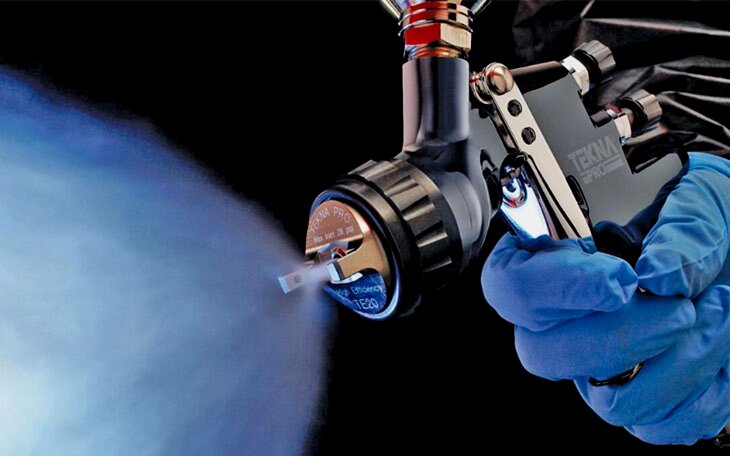In a grim revelation, government data has unveiled that heatstroke claimed the lives of 46 individuals in India during the month of May alone. The toll of confirmed heat-related deaths in the past three months stands at 56, indicating a concerning trend as summer intensifies.
Among the states, Madhya Pradesh has reported the highest number of fatalities with 14 deaths, followed closely by Maharashtra with 11 deaths, Andhra Pradesh with 6, and Rajasthan with 5 casualties.
The government vigilantly tracks heat-related illnesses and deaths through the National Heat-Related Illnesses and Death Surveillance program. Since March 1, a staggering 24,849 cases of heatstroke have been recorded under this initiative, with a significant surge observed in May, accounting for 19,189 cases.
Madhya Pradesh leads the tally of reported heatstroke cases with 6,584 instances, trailed by Rajasthan with 4,357 cases, Andhra Pradesh with 3,239 cases, Chhattisgarh with 2,418 cases, Jharkhand with 2,077 cases, and Odisha with 1,998 cases.
The India Meteorological Department (IMD) has flagged two intense heatwave episodes in April and two more in May. These episodes were characterized by soaring temperatures, with some regions experiencing heatwave conditions for up to 12 days, exacerbating the risk to public health.
Senior IMD officials warn that humid heat, prevalent in coastal and northwest regions, can have severe health repercussions, particularly for vulnerable demographics. The onset of these heatwaves coincided with the crucial Lok Sabha elections, potentially amplifying health risks for voters and poll workers.
Experts emphasize that high wet bulb temperatures, exceeding 35°C, pose lethal threats even to healthy individuals, with fatalities possible within hours of exposure. Individuals with pre-existing medical conditions, the elderly, children, and those on certain medications are at heightened risk.
While exertional and non-exertional heatstrokes present distinct challenges, both demand urgent medical attention. Doctors underscore the importance of swift action, including seeking medical aid and adopting preventive measures like staying hydrated and avoiding direct sun exposure during peak hours.
As the nation grapples with the deadly consequences of rising temperatures, proactive measures and public awareness campaigns remain paramount to mitigate the impact of heatwaves and safeguard vulnerable communities.











